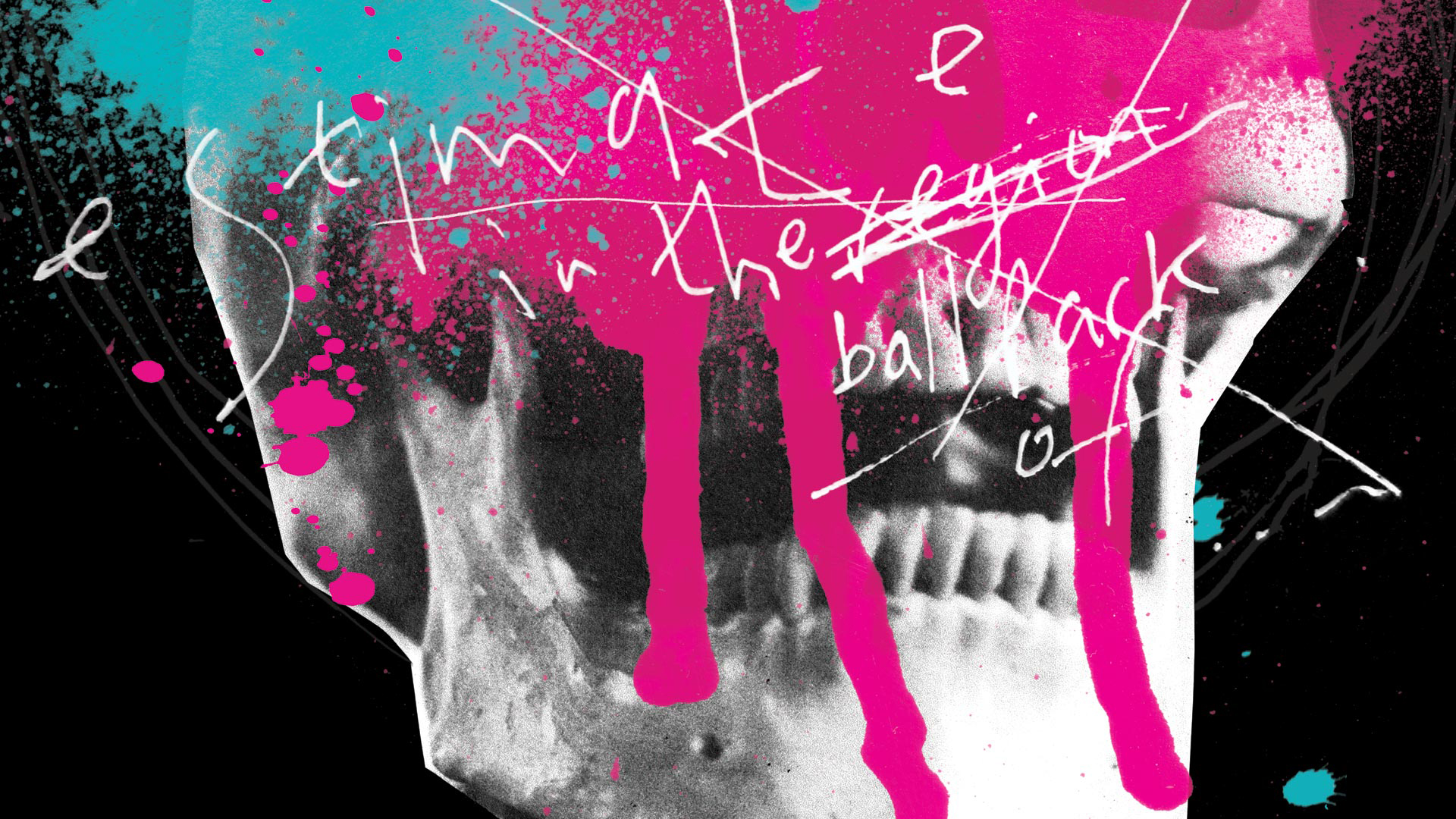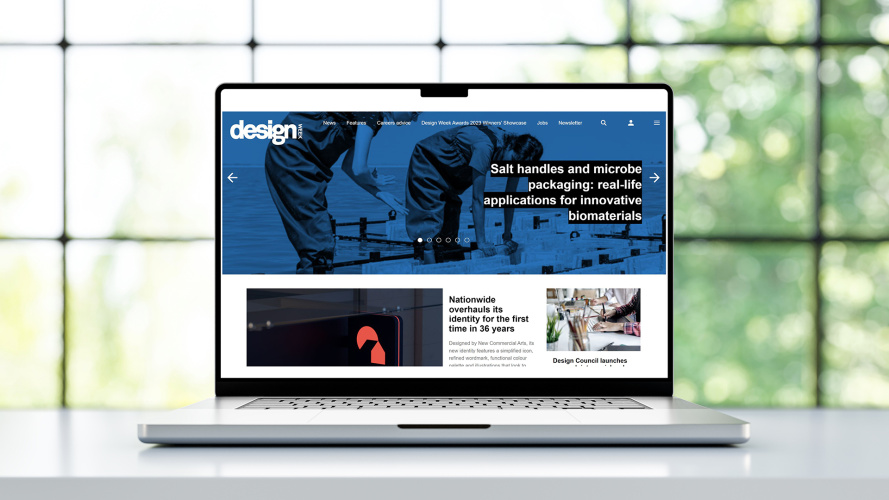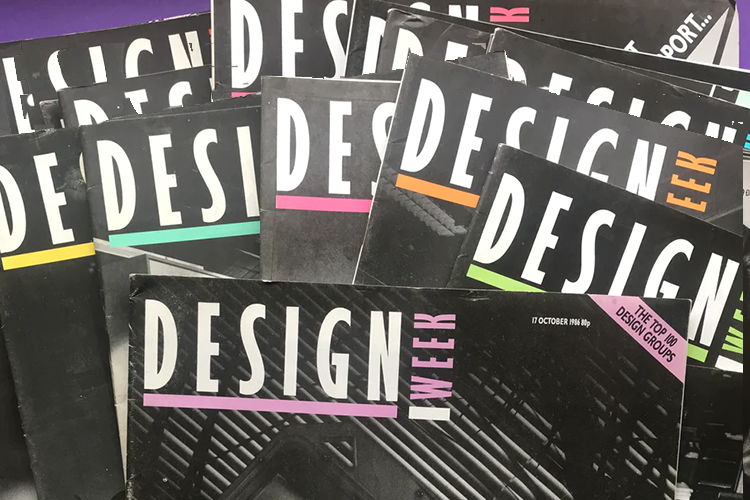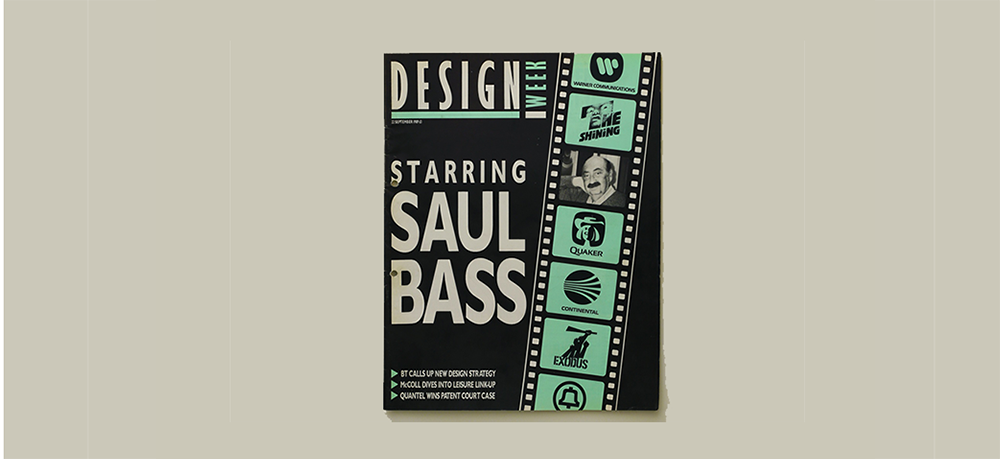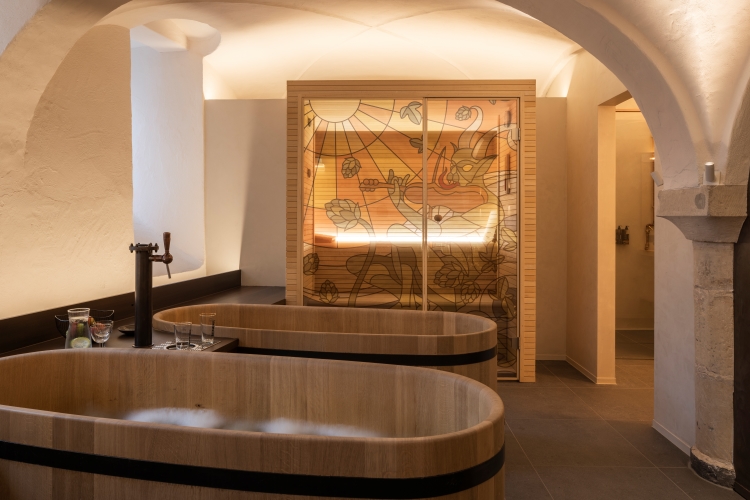Ben Tallon: “Will selling my creativity ever feel natural?”
As part of his series reflecting on the nature of creativity, Tallon finds that once you dare to put a price on your skills, your creative peers are often willing to back you.
You can rely on a childhood friend to go straight for the throat. About one minute after I’ve sent him my Kickstarter pitch, he comes back paraphrasing my lengthy message about why creativity matters (and the Leeds United striker’s disastrous outing).
“Bamford was s**t…buy my book.”
What kills me is, I can’t really contest his summary. Thankfully, our friendship is built on jest, and despite him making me work for his support, I know he’s always eager to provide it in abundance.
That said, it still triggers a bout of introspection. Will selling my creativity ever feel natural? Will there ever be a time when I don’t second-guess my quotes, or sit wondering whether I’ve blown all my hard work in a bout of obscene greed as I await the client’s response to my asking for £100 more than a fee I received eight years ago?
For those unfamiliar with the crowdfunding model – in this case Kickstarter – it’s a chance for people to back creative projects in return for the goods their backing will eventually fund. Think of it as a pre-order before the thing is made, to enable the thing to be made independently of an overlord: in my case, a book publisher.

So, this isn’t sponsorship, or a loan, because there’s an exchange of goods and services. You can be as creative as you like as far as what form your offerings assume. In keeping with The Creative Condition’s cover art, I painted a set of 3D-printed skulls as premium rewards.
I chose to go independent this time because my first book, Champagne and Wax Crayons: Riding the Madness of the Creative Industries, didn’t fill me with love for the traditional publishing model under which it was produced, and after 15 years, I trust myself and know my market well enough to take on those responsibilities.
The problem is, a publisher finances the many rounds of editing, design, printing, marketing and distribution. That medley of essentials – if you want to do it properly at high quality – doesn’t come cheap.
I’ve paid for the editing and design from my own pocket to get this new book to a finished product; then, Kickstarter. The first book was well received and my subsequent seven years of writing, lecturing and podcasting about creativity have earned me enough authenticity and credibility to call upon the support of others who wish to see the social standing of creativity elevated.
And yet… asking for money makes me shrivel into my seat. With my friend’s teasing still buzzing around my skull, I have to find the tenacity to override my innate sensitivity and believe wholeheartedly that this is not some cheap cash grab. I have to remind myself, just like every person who has fought to make it to a place where they can earn their living by leading with their creativity, that I absolutely must ask, and in the case of commissioned commercial projects, tell my clients how much it will cost and why I am deserving of the number quoted.
“A glut of help from all kinds of places”
There are great resources out there for this classic conundrum for creative industry people. I talked to Blair Enns about his book Pricing Creativity: A Guide to Profit Beyond the Billable Hour back on episode 133 of the podcast. He has published two books and there are many other podcast episodes featuring Enns. That’s just him – a quick Google search unlocks a further glut of immediately accessible help from all kinds of places.
I routinely receive requests for pricing help from friends in various costing dilemmas. I think it goes hand-in-hand with the damaging default pairing of broader creativity with artistry. While the two have a famed and magic relationship, I’ve seen carpenters and carpet-fitters show just as much creativity without any natural artistic ability. Perceptions of artistic crafts as hobbies, and of creativity as some higher power gifted only to some of us, tend to linger in our subconscious. So, when we love what we do and it feels like a privilege rather than a hard-won professional identity, we respond very differently to the need to assign monetary value to our output and abilities than those aforementioned professions would.
When I launched my Kickstarter campaign, I knew that the majority of people who wished to support me would buy the entry-level paperback book. For that I’m asking £25, and that also gets you named as a backer in the finished publication. In today’s world, where five-figure project fees are not uncommon, that’s not a lot of money. And yet… when I see the “seen” or blue tick notification after I’ve sent my pitch to my peers or casual acquaintances, the speed of my heartbeat would suggest I’d just dumped my wife rather than suggested a person in the creative industry might enjoy a book about creativity.
The beautiful thing has been the overwhelmingly positive response. Not one person has lashed out or balked at my pitch. Of course, plenty will choose not to back the campaign for myriad reasons, which is expected and fine, but those who have done so have been incredibly supportive, expressed excitement over getting their hands on the book, and even gratitude for my work, because my desire is to create a body of work that helps many people and I suppose that comes across.
“A hunger for the flourishing of the creative ecosystem”
Dan Kieran, a friend and former CEO of Unbound, a book publisher whose business model is the crowdfunding of part of an author’s costs, told me ahead of the campaign that people do not necessarily wish to buy goods, but to get behind your cause, when it comes to crowdfunding. Particularly a project like this, which has a very human interest.
I’ve been reunited with old clients who were all too happy to commit; had my heart warmed by people who I’ve only ever communicated with on Twitter and who did not hesitate to go and pledge; and been blown away by incredible generosity from people who I did not imagine would be interested in my rambling or even complete strangers. But that’s the thing with creativity; we are something of a tribe, and there is a lot of respect for the work of our peers and a hunger for the flourishing of this wonderful ecosystem – and it’s vital to remember that next time you come to whack a number on something you enjoy and do well.
You can listen to an audio version of this article in full below.
Ben Tallon is exploring “the nature, behaviour and psychology of creativity” as part of The Creative Condition. This is a current podcast and you can secure your copy of the book through the Kickstarter.
-
Post a comment
